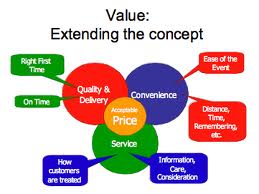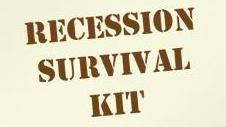5 Keys to a Great Team
In previous blogs, I have shared my admiration for Robin Sharma, best-selling author and business coach, and when I viewed some of the mostly highly watched videos from him, I wanted to share one that most resonated with me. The video “How Remarkable Entrepreneurs Build Winning Teams” had a great message and had accumulated almost 18,000 views.
I have been working for years to build a great team, and I am excited about the one that is in place today! We have gone through different team members, and it seemed to be an evolution on the talent that we were attracting. Today, the team is full of highly skilled and dedicated people that want to give their all to make the company improve and grow.
Here are the 5 things entrepreneurs do to build a winning team:
1) Appreciation – show appreciation and give praise. A gallop study said that the #1 reason companies lose talent is that employees don’t feel appreciated. I am thankful for my team and could do more to share that with them.
2) Belonging – create a sense of belonging. People like to feel like they belong to a special community. Our team just seems to like each other by the way they joke and laugh so often.
3) Develop Your People – grow their talents, challenge them to be better, and take them where they want to go. Mentor and help them be better. We ask them weekly what they have learned, and we pay for educational programs for our team.
4) Celebrate Your Team – celebrate the big things but also the little things that happen along the way. We have had little celebrations such as going to lunch together and even a coupon book that can save over a $1,000 to local retailers. We could do more to celebrate our team and will work on this.
5) Communicate a Compelling Purpose – share a common goal and passion. People like to feel like they are making a difference. Here at Efficience, we believe that there is a better way to leverage technology in your business. We are passionate about creating life-improving solutions, such as more affordable mobile apps for small businesses, so they can connect with their customers and grow their business.
I know I could do more and I will work harder in these areas. What are you doing to help your team to be the winners you know they can be?
 So what does value mean to you? How do you know when you’re providing value to your customers? I would say that increasing business is a good indicator. When your customers are waiting in line for your product or service, you are adding extreme value (think
So what does value mean to you? How do you know when you’re providing value to your customers? I would say that increasing business is a good indicator. When your customers are waiting in line for your product or service, you are adding extreme value (think 